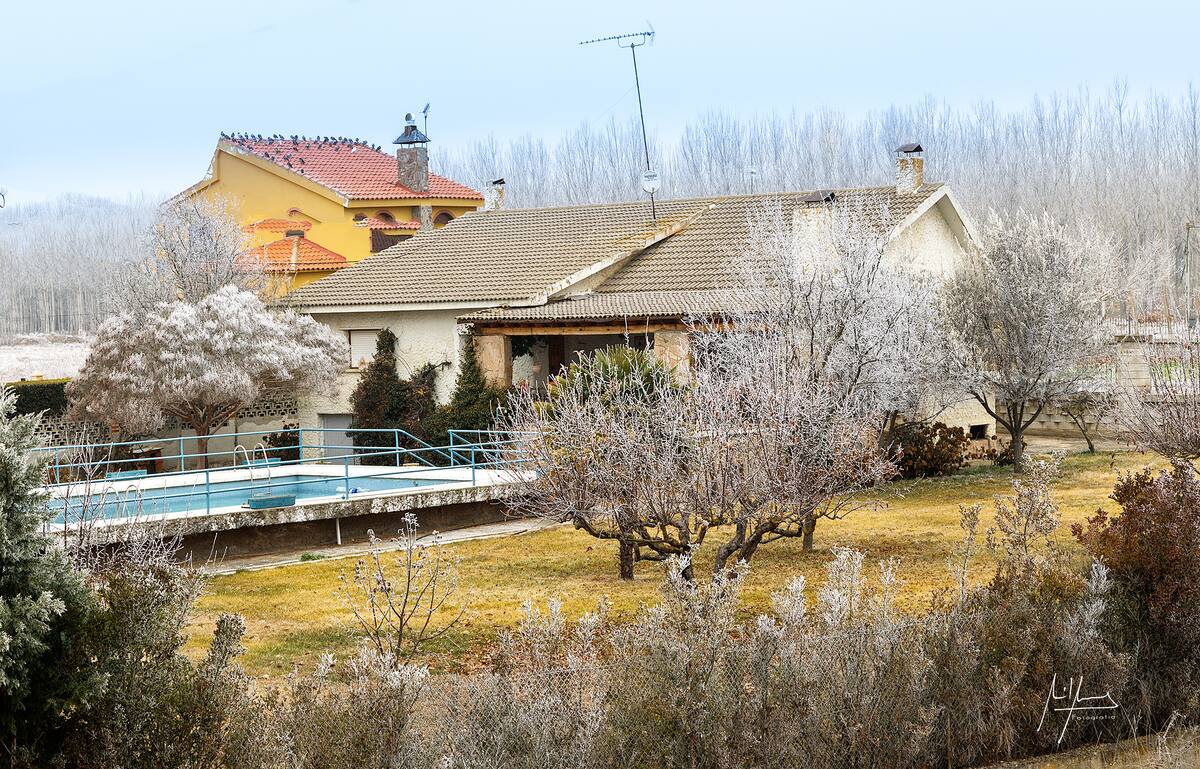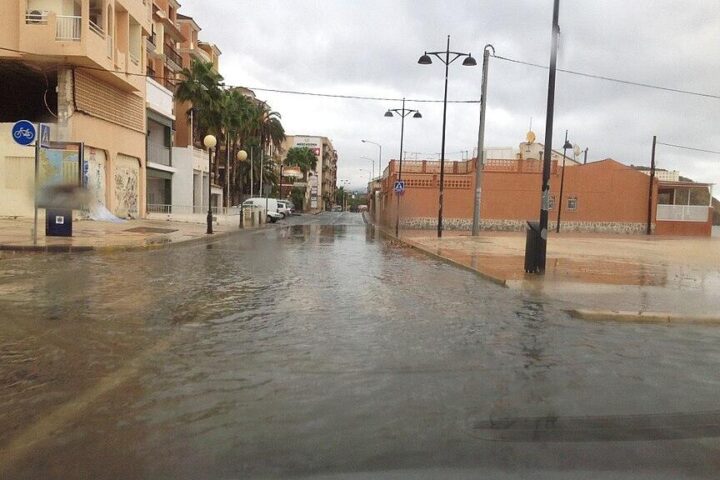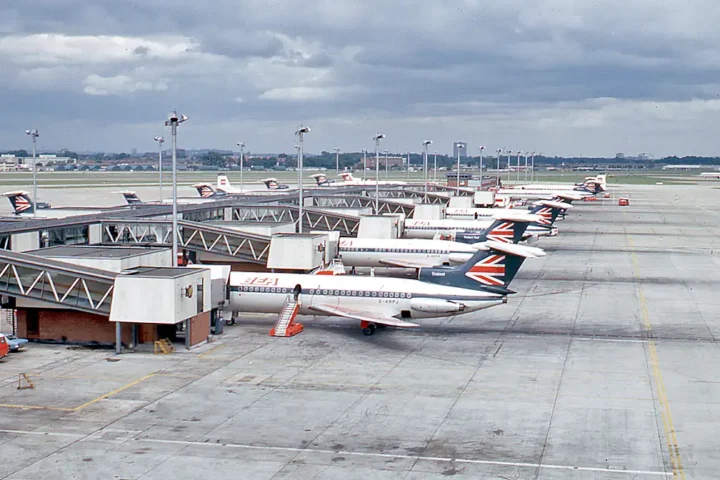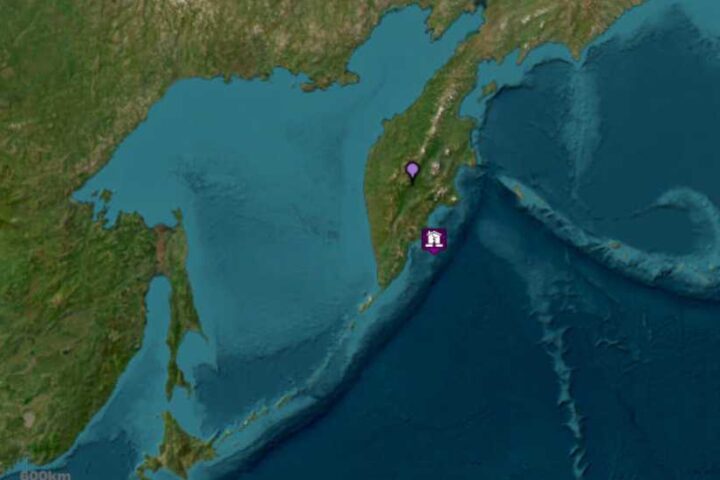Spain’s government has ordered Airbnb to take down more than 65,000 rental listings, marking the country’s biggest move yet to control tourist rentals and tackle its growing housing crisis.
The huge removal of listings targets properties that break basic rules. Many don’t have proper license numbers. Others don’t clearly say if the owner is a private person or a company. Some properties even show license numbers that don’t match official records.
“No more excuses,” says Consumer Rights Minister Pablo Bustinduy. “Enough with protecting those who make a business out of the right to housing in our country.”
A Madrid court has already backed the government’s order, leading Airbnb to remove 5,800 listings right away. But Airbnb plans to fight back. The company says the government is overstepping and hasn’t properly checked which properties actually need licenses.
The Numbers Behind the Crisis
The problem has grown quickly. Spain had 321,000 homes registered as holiday rentals last November – that’s 15% more than in 2020. Many more operate without any official paperwork.
This surge in tourist rentals has hit Spanish cities hard. Take Barcelona, where housing costs have skyrocketed. The city’s mayor, Jaume Collboni, has taken the strongest stance yet – planning to ban all 10,000 licensed tourist apartments by 2028.
Similar Posts
Why It Matters
Spain welcomed 94 million tourists in 2023, making it the world’s second most-visited country after France. While tourism brings money into the economy, it’s also causing serious problems for locals trying to find affordable homes.
The tourist rental boom has changed many neighborhoods. Long-time residents are being priced out as more apartments become short-term rentals. Regular homes are turning into tourist spots, making it harder and more expensive for locals to rent or buy.
Government Action Steps
The government isn’t just removing listings. They started investigating Airbnb in December and plan to raise taxes on holiday rental income. These steps show Spain is serious about fixing its housing problems.
Other European countries like Croatia and Italy have also taken steps to manage their holiday rental markets. This suggests a bigger shift in how Europe handles the balance between tourism and local housing needs.
A Complex Challenge
This crackdown shows how complicated it is to manage tourist rentals. While they boost tourism and help property owners earn money, they also affect local communities and housing availability.

Spain’s government faces a tough job: supporting tourism while making sure locals can afford to live in their own cities. Their actions against Airbnb show they’re willing to take bold steps to protect housing rights, even if it means going up against big tech companies.
The results of this crackdown, and Airbnb’s planned appeal, will likely influence how other countries handle similar challenges with tourist rentals and housing affordability.


















